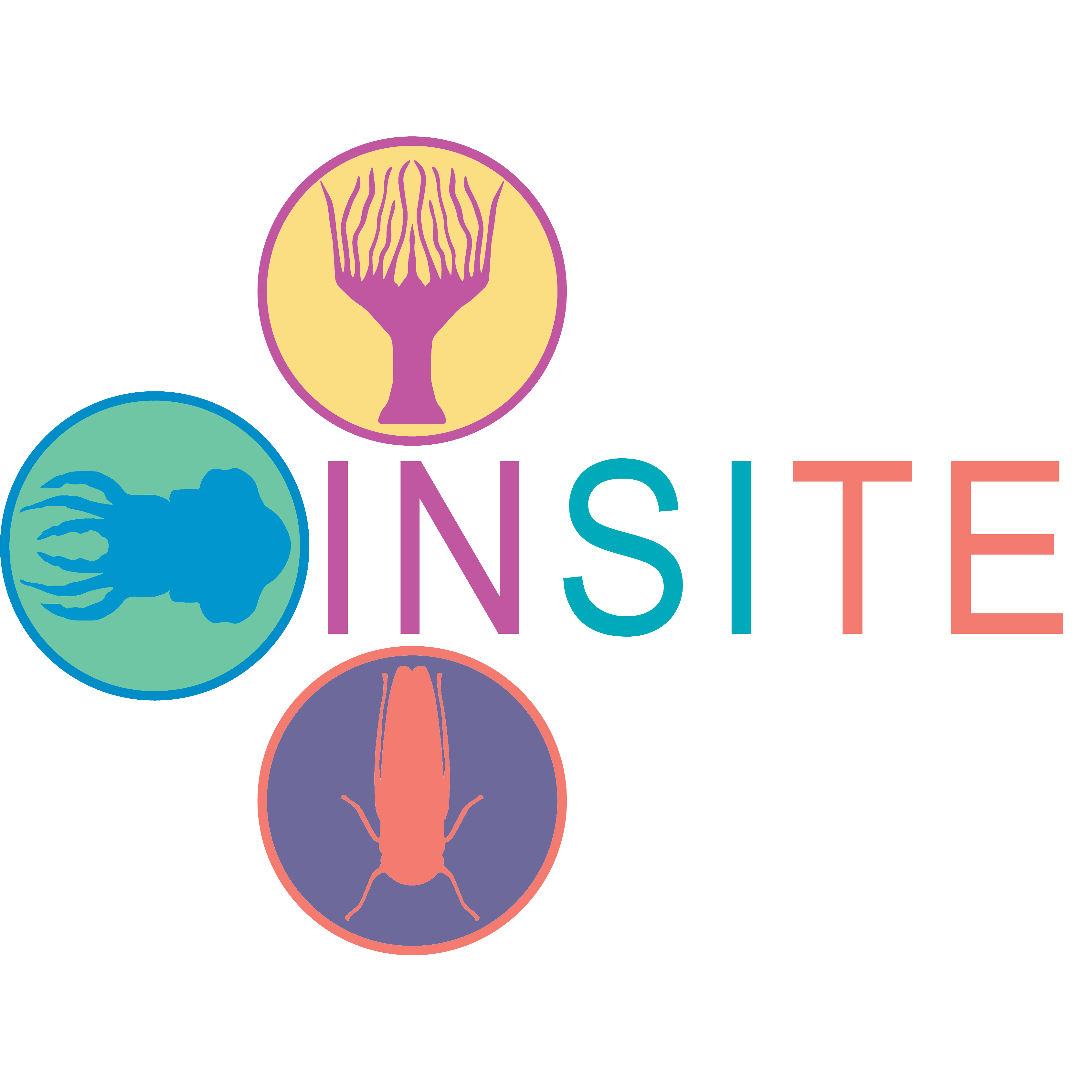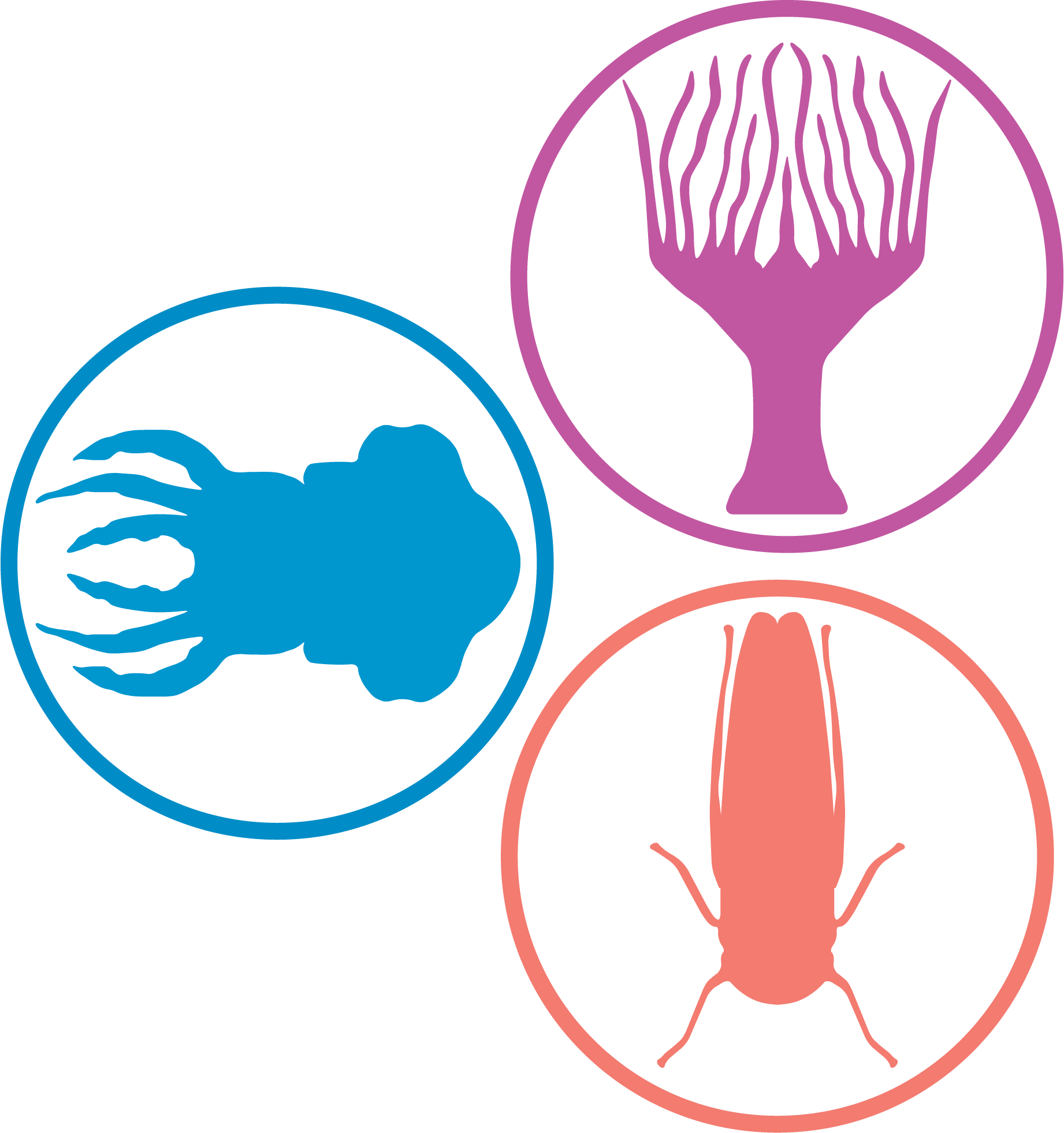

Our mission is to ensure the generation of accurate and precise findings.
Please enter subscribe form shortcode
Please enter instagram feed shortcode

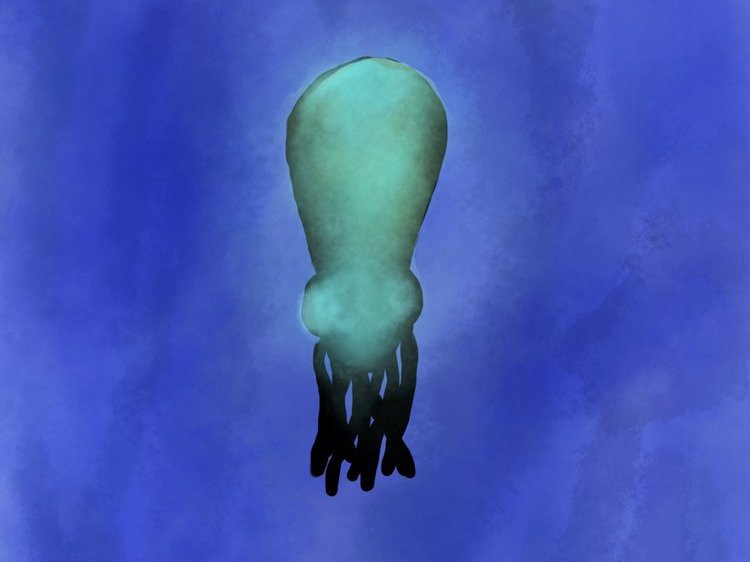 UC Merced has received a $12.5 million grant funded by the National Science Foundation (NSF) to develop the Biology Integration Institute (BII): INSITE — the INstitute for Symbiotic Interactions, Training and Education — a research collaborative that aims to expand the fundamental knowledge of symbioses and inform immediate and long-term conservation strategies in the face of climate change.
UC Merced has received a $12.5 million grant funded by the National Science Foundation (NSF) to develop the Biology Integration Institute (BII): INSITE — the INstitute for Symbiotic Interactions, Training and Education — a research collaborative that aims to expand the fundamental knowledge of symbioses and inform immediate and long-term conservation strategies in the face of climate change.
A multi-disciplinary team from UC Merced, Michigan State University (MSU) and Resilient Oceans will look at how climate change will impact ecosystems through a symbiotic lens.
UC Merced’s Mobile Maker Lab, aka Mobi, is used by faculty and students to bring STEM-related activities and experiments to schools and the community. “There’s a lot of funding directed toward climate change, but everyone is looking at what you can see. We wanted to approach this problem through a microbial lens, so we proposed looking at symbiotic interactions,” the project’s lead principal investigator, Department of Molecular and Cell Biology Professor Michele Nishiguchi, said. “Microbes are invisible, and they are important because they are on everything.”
“There’s a lot of funding directed toward climate change, but everyone is looking at what you can see. We wanted to approach this problem through a microbial lens, so we proposed looking at symbiotic interactions,” the project’s lead principal investigator, Department of Molecular and Cell Biology Professor Michele Nishiguchi, said. “Microbes are invisible, and they are important because they are on everything.”
BII-INSITE officially began Sept. 1 through a five-year agreement with NSF. As one of the campus’s largest institute grants, it will create a framework for how researchers in the field and laboratory can evaluate and understand the impact of climate change broadly on interdependent species. It will also provide critical information to help guide environmental managers to, and, ultimately shape policies locally, nationally and globally.
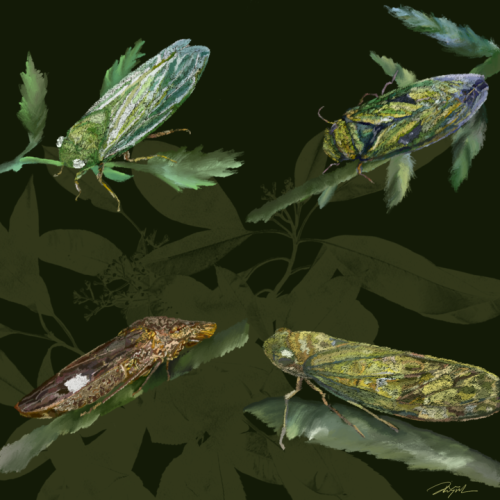
Chromosome-level genome assembly of the aster leafhopper (Macrosteles quadrilineatus) reveals the role of environment and microbial symbiosis in shaping pest insect genome evolution
Read Article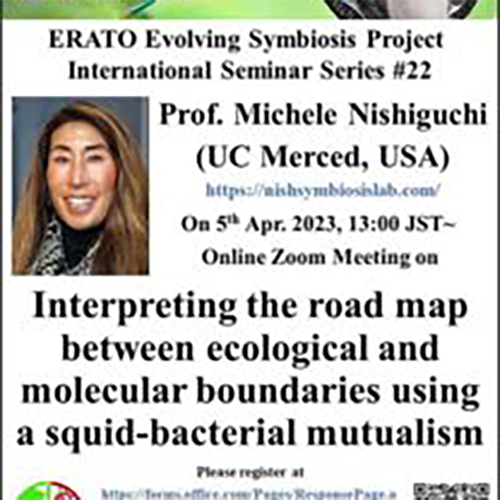
Prof. Michele Nishiguchi (University of California Merced, USA) “Interpreting the road map between ecological and molecular boundaries using a squid-bacterial mutualism”
Read More
Molecular and Cellular Biology Professor Michele “Nish” Nishiguchi has been inducted as a Fellow of the California Academy of Sciences and was recently named president-elect for the Society for Integrative and Comparative Biology (SICB).“Interpreting the road map between ecological and molecular boundaries using a squid-bacterial mutualism”
Read More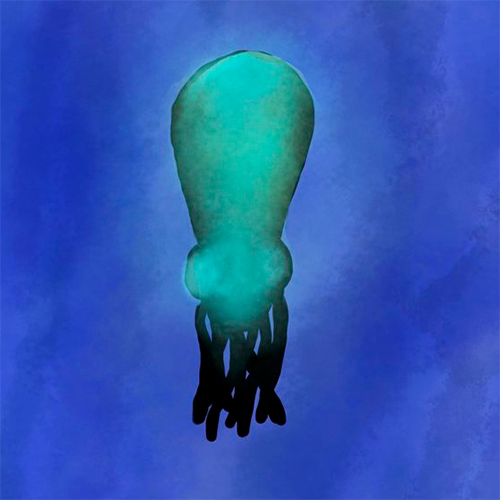
Prof. Michele Nishiguchi (University of California Merced, USA) “Interpreting the road map between ecological and molecular boundaries using a squid-bacterial mutualism”
Read More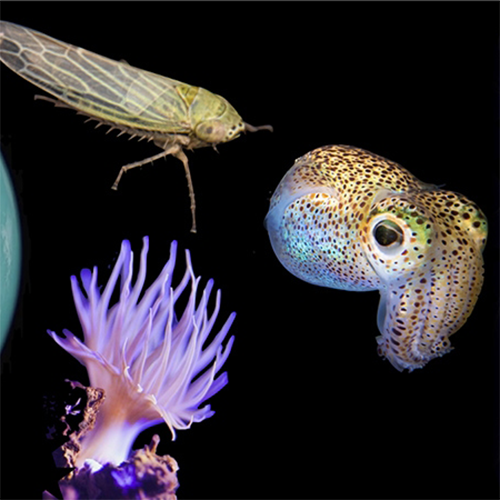
UC Merced has received a $12.5 million grant funded by the National Science Foundation (NSF) to develop the Biology Integration Institute (BII): INSITE — the INstitute for Symbiotic Interactions, Training and Education — a research collaborative that aims to expand the fundamental knowledge of symbioses and inform immediate and long-term conservation strategies in the face of climate change.
Read More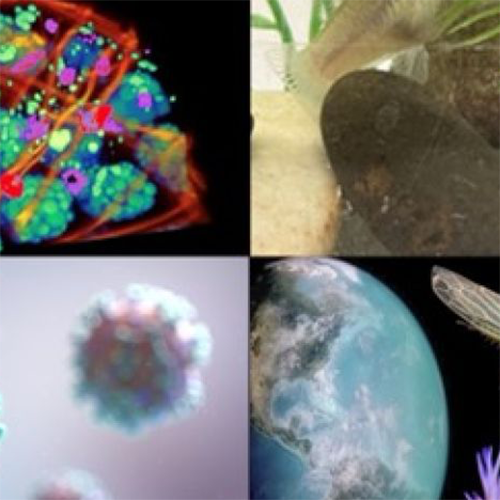
From understanding the multifaceted transmission of disease to deciphering how living organisms adapt to harsh conditions, answering big questions in biology requires interdisciplinary research and scientists engaging and partnering with those from other fields of study.
Read More
